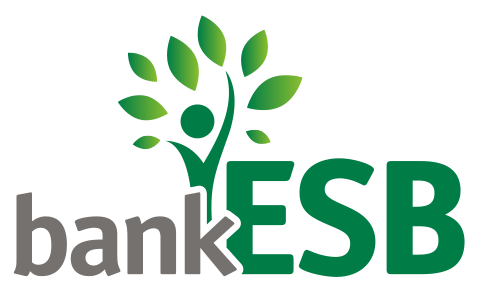Cybersecurity Awareness Month: Tips for Online Safety
Cybersecurity Awareness Month is a global initiative recognized during the month of October to raise awareness about online safety and empower individuals and businesses to protect against cybercrime. As your trusted financial institution, we’ll be offering information each week this month to help you with what you need to know to stay safe online. Click here to visit our Cybersecurity webpage and more resources.
As technology becomes more sophisticated, so do the ways cybercriminals operate. Be on guard when you’re online and check out these ten tips for safe internet usage.
10 Tips for Staying Safe Online.
- Secure your accounts with strong passwords.
If a cybercriminal cracks your password and can access your personal accounts, you’ll be vulnerable to identity theft and potential financial loss. Don’t reuse passwords or choose passwords that are easy to guess. Routinely change your password and use a combination of letters, numbers, and characters that are hard to guess. Try using a password manager to generate and safeguard complex passwords.
- Limit sharing of personal information.
Don’t overshare on public platforms. Keep things like your address, phone number, full name, school, and date of birth private. Be careful posting details about your life, and don’t answer questions – online or over the phone – from anyone you don’t know asking personal questions. Check what people can see in your privacy settings.
- Update anti-virus and firewall software regularly.
Software and app updates contain vital security enhancements to help protect your devices from cybercriminals. Internet security software doesn’t protect against every threat, but it will detect and remove malware when it’s up to date. Each device is different, but you can usually find out how to do these updates in each device’s settings.
- Turn on Multifactor Authentication (MFA).
MFA is a security method that requires users to provide two or more different types of verification to gain access to a system or account, rather than relying on just a single password. This can be a personal identification number (PIN), a code sent to your email or mobile phone, a fingerprint, or voiceprint. Biometric ID is a form of MFA that uses a scan of your face or fingerprint to log into devices.
- Back up your data.
Safeguard your most important data, such as your photos and key documents, by backing them up to an external hard drive or a cloud-based storage system. That way, if you get locked out of an account, or ransomware or malware threaten your data, you won’t lose sensitive information.
- Avoid online fraud and fake online storefronts.
Be wary of special offers from unknown sellers and read reviews of the sellers and their products before making a purchase online. Some online storefronts mimic the look of legitimate sites or use the names of well-known stores or brands. If a deal seems too good to be true, it probably is! Play it safe by shopping from known and trusted stores.
- Think twice before connecting to public Wi-Fi.
Many public Wi-Fi hotspots, located at libraries, coffee shops, and malls, aren’t secure and might not protect your passwords, messages, and other sensitive data. Remember, on an open Wi-Fi hotspot, you have no idea who configured the Wi-Fi network, who monitors it or how, and who else is connected to it. When in doubt set up your own personal hotspot or wait to connect to a known and secure network.
- Log out of public and shared devices.
If you are using a shared device at home or at work to access your accounts, be sure to log out and close all browsers before ending the session. Do not save passwords or log in credentials on shared devices. Sharing passwords or accounts with a household member increases the chances of credentials being exposed to fraud.
- Stay alert for potential scams.
Stay up to date on what the latest scams are so you can identify red flags. Subscribe to bankESB communications and other trusted sources like the FTC to receive the latest information on current fraud and scams.
- Trust your gut
Stay alert, maintain a healthy suspicion, and take similar precautions online that you would take when meeting a stranger. If something doesn’t feel right, end the session or ask a trusted source.
bankESB is here to protect you.
Your security is our priority. To learn more about ways we can help you stay safe online, contact us at 855.527.4111, stop by your nearest office, or visit our Cybersecurity webpage!


